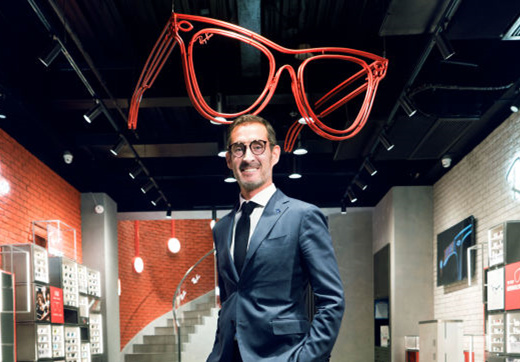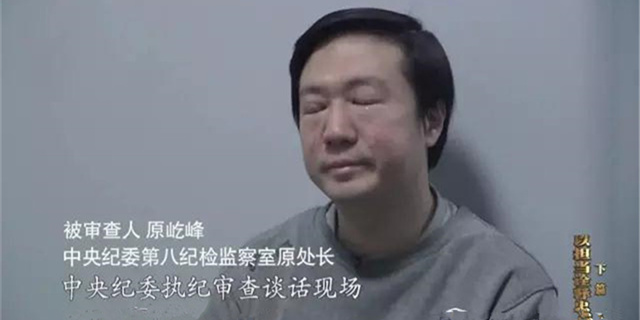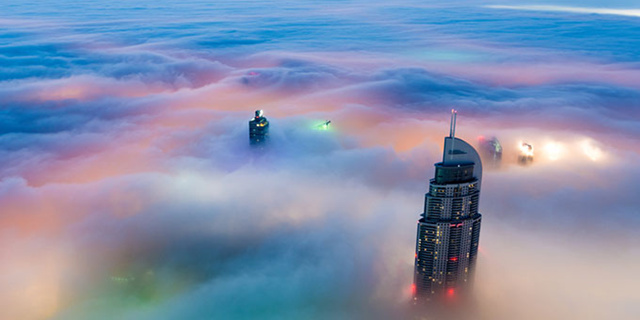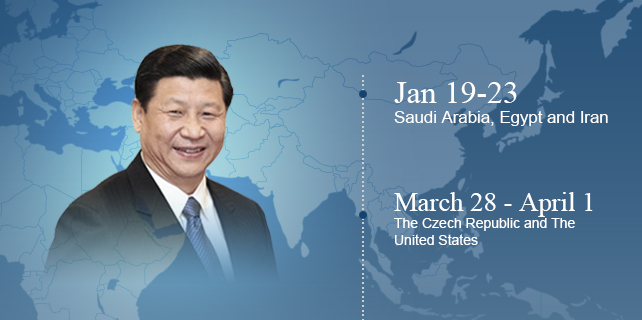Ray Ban not quite done with expansion
 |
|
Filippo Resini, Retail President of Luxottica Greater China, believes a speedy strategy best suits the fast-growing Chinese market. [Photo provided to China Daily] |
Eyewear company eager to tap into the growing demand for prescription glasses and style in the Chinese market
Fifty Ray Ban stores have been opened in China in the past eight months, but Filippo Resini, Retail President of Luxottica Greater China, the parent company of the American eyewear brand, said that this is only the beginning of an aggressive expansion.
"The decision (to open mono-brand Ray Ban stores) was actually made by our chairman and founder in January. We opened the first store on Nanjing East Road. It was a test, but it was so successful that the chairman decided to open 50 stores in eight months in China," said Resini after the opening ceremony of the 50th outlet in November.
Known for its aviator sunglasses, Ray Ban was founded in 1937 by American company Bausch & Lomb. It was sold in 1999 to Italian eyewear group Luxottica, currently the world largest eyewear company.
Though China is now home to the largest number of Ray Ban stores in the world, Luxottica, which also operates retail chains like LensCrafter and Sunglass Hut, is still planning to open more outlets in the country - more specifically, at least one store in the capital city in 80 percent of the provinces in China. Resini said that the company "wants to sell to all" and is not looking to target specific groups of consumers.
"I think the best strategy for China is to go for speed. It's a very fast market. I have been here for 12 years. I do believe that the brands that can be successful are those who can adjust their strategies according to the change in consumer purchasing patterns," said Resini, who had previously worked at brands including Geox and Rolex.
"I go to work every morning by metro. I can see people at eight o'clock in the morning wearing sunglasses, not because they need it to protect their eyes from the sun's rays, but because it's cool. When I first came here 12 years ago, not many people wore sunglasses. Sunglasses are becoming more than just protective eyewear, they have now become a must-have accessory."
Resini added that there is tremendous opportunity in China's eyewear market, referring to how 50 percent of university students in China need prescription lenses.
"You can just imagine the potential. Our goal is to combine the need for prescriptions lenses with the choice of iconic products," said Resini.
A recent report by Euromonitor showed that China's eyewear market, including both spectacles and contact lenses, posted a 10.2 percent compound annual growth rate from 2011 to 2016.
The report, which was based on statistics from China's National Health and Family Planning Commission and the Ministry of Education, concluded that the growing rates of myopia among students and the expanding ageing population should continue to drive the growth of the eyewear market. The report also found that up to 85 percent of students from senior middle schools in China suffer from myopia.
Resini said that the company's decision to expand aggressively is not just based on the massive pool of potential customers, but also the increasing awareness about the need for quality eye care.
Apart from the physical stores, consumers can also purchase products from the online store on Ray Ban's official website and its flagship store on Tmall.
Resini also expects that the biggest challenge facing Luxottica's expansion would be finding the right balance between online and offline growth, something he admits has yet to be achieved.
"There is a balance required in each step you take. Honestly, from my point of view, if you set a number first, it's not right. The right way to approach retail in this country is to be able to adjust quickly," said Resini.
"A few years ago, when people were talking about e-commerce, it only referred to e-commerce on computers. But now, we have e-commerce on mobile devices as well. I think it's very important to move with the times and find balance," he added.
xujunqian@chinadaily.com.cn
















